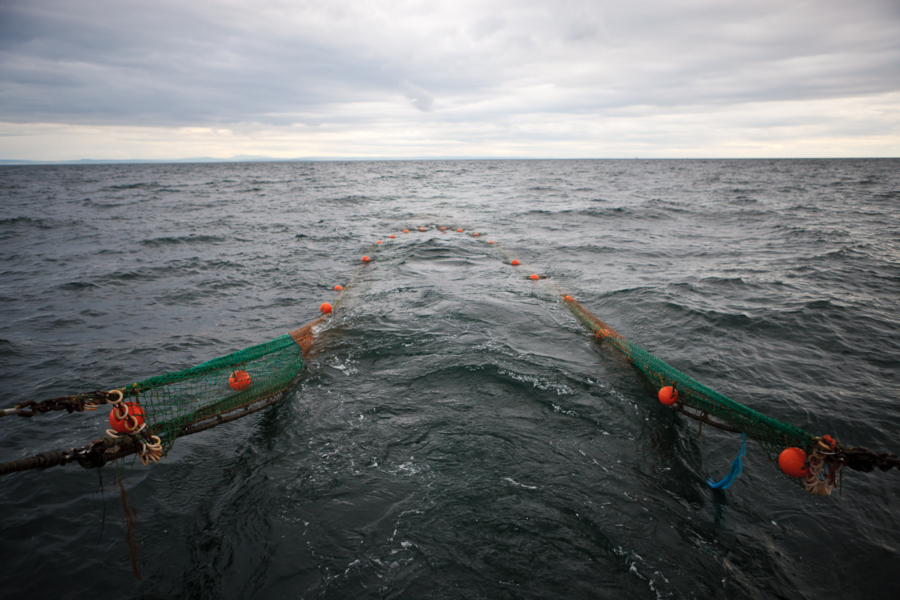Around half of EU fish stocks in the Atlantic are currently over-exploited. Unsustainable fishing costs costs millions of euros in lost revenue and jobs and causes enormous ecological damage.
The Council of the EU is responsible for setting fishing limits and plays a crucial role in reducing overfishing in the waters of North-West Europe. In the last 15 years EU fisheries ministers have repeatedly agreed on fishing quotas an average of 20% higher than sustainable scientifically-advised limits.
A lack of transparency means we don’t know which countries favour what in the Council. Transparency is vital to ensure that politicians are accountable and that the decisions they make are in the public interest.
EU fisheries ministers will soon sit down together again to negotiate fishing limits for 2017. Fish are a public resource and citizens should have the right to know how the decisions which affect our seas, jobs and food come about and what positions countries hold. The decision-making process should be more transparent by making Member State positions and their reasoning public.
That’s why we have been looking into the level of transparency for the decision making process around the EU’s Common Fisheries Policy.
The full report “Overfishing in the darkness: a case study on transparency in Council decision-making” can be found here.
For more on this project visit www.transparency.eu/peche




